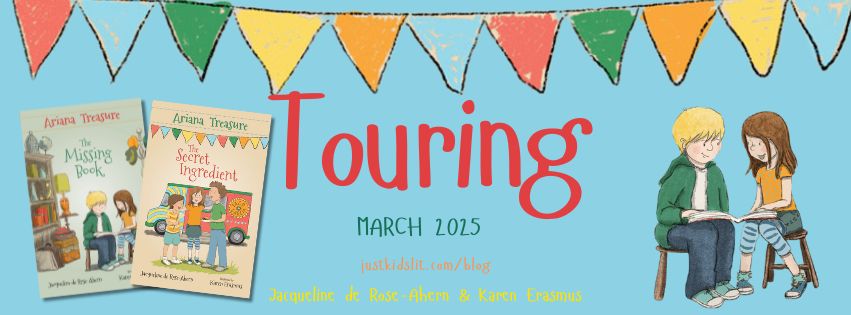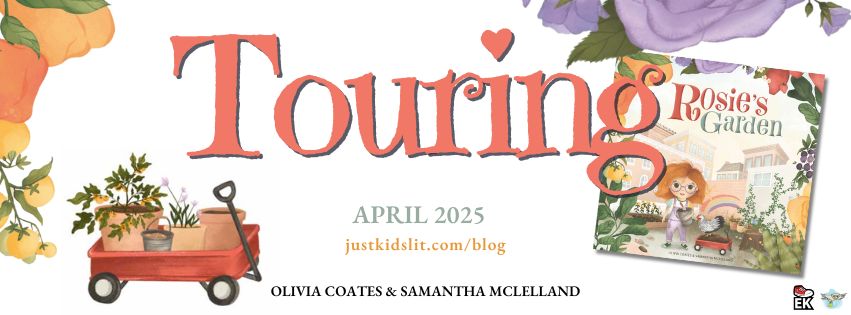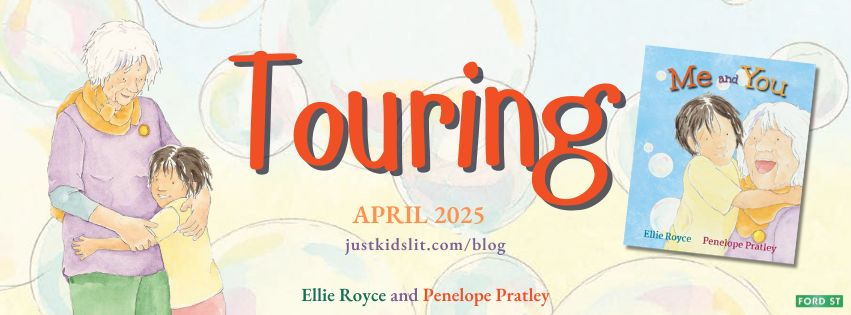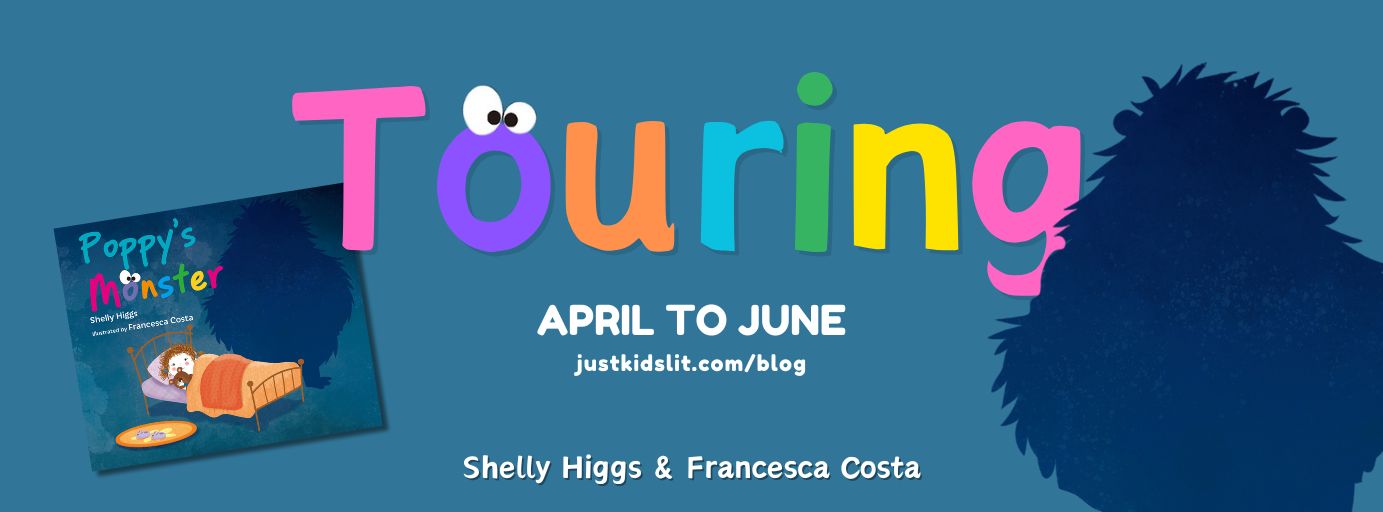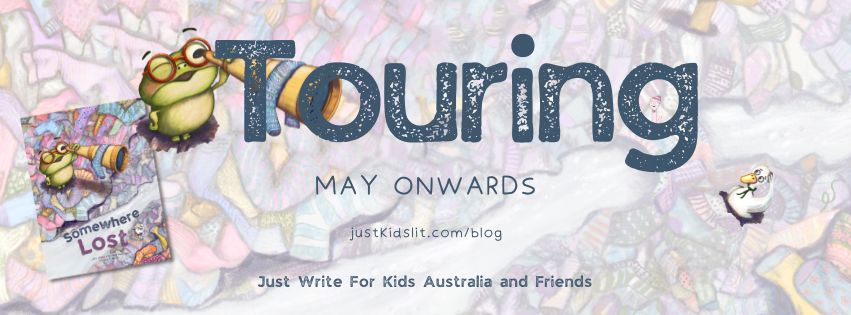The Finder, Kate Hendrick, Text Publishing, 2018
From the publisher:
When Lindsay meets Elias the signs aren’t promising. She’s a grungy introvert who doesn’t want to talk to anyone. He’s a teen fashionista who can’t shut the hell up.
But since Lindsay tracked down a runaway kid, word’s got around that she knows how to find people. And Elias is looking for his birth mother. And he has money, and Lindsay’s perpetually broke… So that’s how this oddest of odd couples teams up.
But the thing is, Lindsay wasn’t actually trying to find the runaway. It’s just how she looks at the world. Not idly, like most people, but really looking. Scanning every house, every face, every car. That’s because someone is missing in Lindsay’s life: her identical twin Frankie, who disappeared when they were eight. Since then, her parents have kept themselves busy. And angry. And Lindsay has been…looking.
In Elias, despite their differences, she might have found someone to look with.
“The moment you become a parent,” everyone says, “your priorities change”. It’s true. No longer is the most important thing in your life that band you’re obsessed with, or that novel you’re working on, or where you’ll eat out for Valentine’s Day. Your number one concern, always, becomes your child.
You expect this. Because people tell you this. In fact, you’re looking forward to it.
What they don’t tell you is the flipside of this:
The moment you become a parent, your fears change, too.
No longer is public speaking your chief phobia. No more are spiders (or, in my case, slugs), the most fearsome thing imaginable.
Your number one fear is something happening to your child.
And you tell yourself it won’t happen. You console yourself with the knowledge that none of your friends have ever experienced the horror of a gravely ill son or daughter; no child in your family has ever gone missing, for longer than a few minutes when they ran off to the toy section of Kmart.
You tell yourself this. But, still, some mornings, at 2AM, the terror crashes on to you like an avalanche; so real and visceral and all-consuming that you almost wish you’d never had children, because the fear of losing them is worse than anything.
Almost.
Almost worse than anything.
The worst thing is it actually happening.
Which is what happens to Lindsay’s parents, when she is seven years old. When her twin sister, Frankie, disappears.
Since then, Lindsay has been looking.
She stares out bus windows.
She glances over her shoulder.
She scours newspapers and crowds. Always searching. Always hoping for a glimpse of her sister.
Meanwhile, at home, her parents have become different people.
Before Frankie went missing, they were carefree and happy. Now, her father is always at work and her mum spends her days ruthlessly organising the lives of the five new children who have come into the family since Frankie went away.
Lindsay feels like she is completely alone, in every way, but mostly in her grief and her memories of Frankie.
Then, one day, as she sits on the bus – staring out the window; searching the landscape for her sister – she sees another missing girl.
The disappearance of Vogue Fontainbleau has been all over the news. Lindsay couldn’t help recognising her. She marvels at the fact that nobody else looks twice at the little rich girl, lazing on the bus stop bench, headphones dangling from her ears.
How does nobody else see her?
Why does nobody else think to follow her?
Why is it Lindsay who solves the mystery?
Elias thinks he knows. He thinks Lindsay is a “finder”. And it’s because of this that he approaches her, and asks her to help him with his own search – the search for his birth mother.
At first, Lindsay is reluctant to help, not least of all because Elias never stops talking and is relentlessly – infuriatingly – optimistic and sunny about everything. There’s no way he and moody Lindsay will ever be friends.
Except, of course, that the longer she spends with Elias, she more she finds him getting under her skin.
Especially when Lindsay decides she’s had enough at home; of her distant parents and irritating siblings.
Especially when she decides she’s going to disappear, too.
The Finder is not a conventional love story – Elias is gay and Lindsay is far from attracted to him, anyway. But it is the story of a beautiful, flawed, incredibly realistic and life-affirming friendship, and I adored every minute of it, just as I adored every other aspect of this wonderful book. There is such authenticity of emotion here; such rawness and intensity that somehow – through Hendrick’s masterful use of humour and wit – never strays into the mawkish. Every character exists in multiple dimensions; has myriad layers – right down to two-year-old Josiah. I wished that the story would last forever, and I am enormously heartened by the fact that it ends on something of a cliffhanger – hopefully there will be a book two!
This book was terrifying to read, as a parent and as a sibling, but it was worth every moment of anxiety and dread it brought with it. It is a beautiful, slightly grubby and misshapen gem of a book, as complex and murky and brilliant and frightening as life itself.






